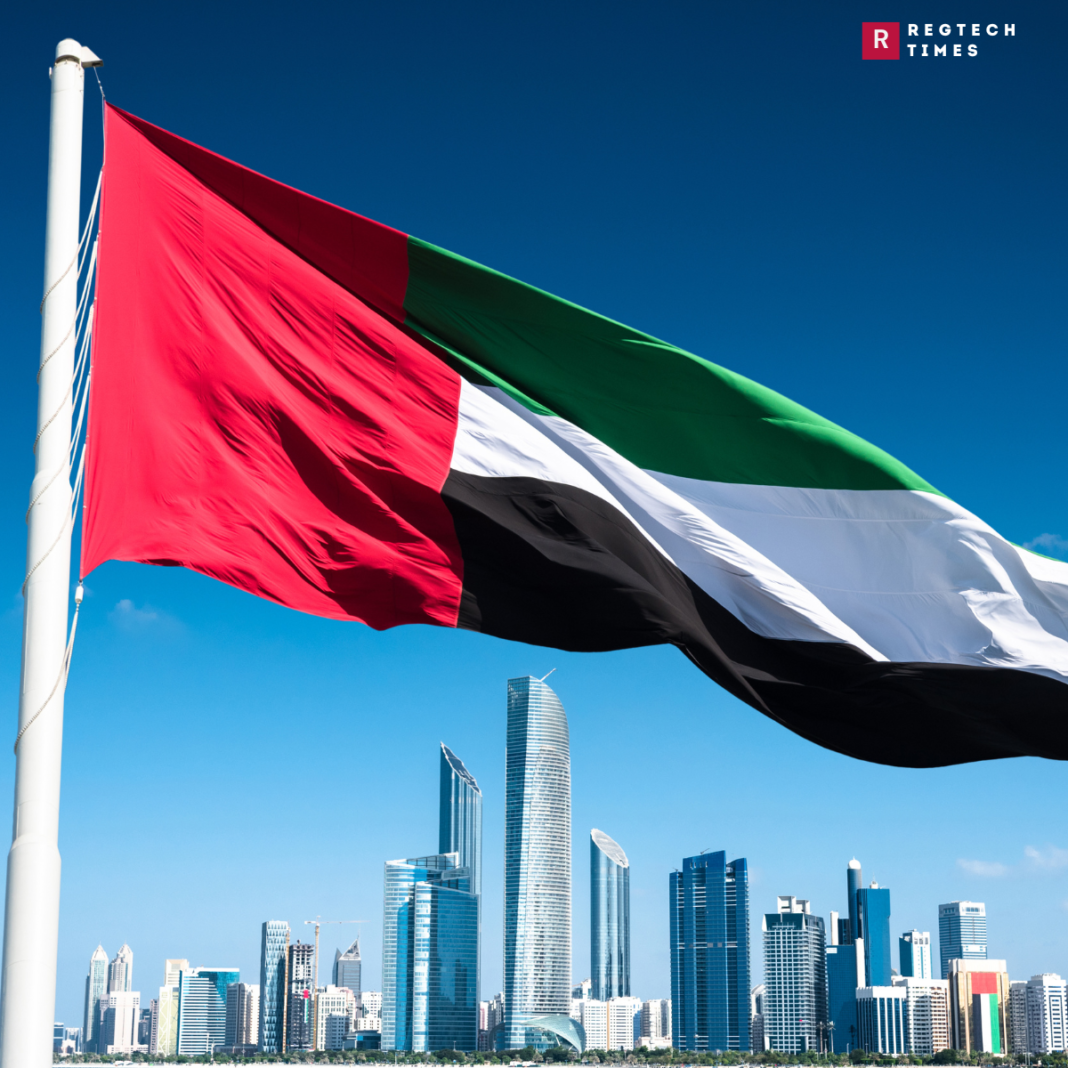The United Arab Emirates (UAE) is moving proactively to support international tax reform initiatives in a time when the dynamics of international taxes are changing quickly. In order to include stakeholders in determining the nation’s tax policy, particularly with regard to the application of the Global Minimum Tax (GMT) or Global Anti-Base Erosion Model Rules (GloBE Rules), the Ministry of Finance (MoF) has taken a ground-breaking step. The Ministry’s website will be open for comment from March 15 to April 10, 2024. This process demonstrates the UAE’s dedication to encouraging an open, inclusive, and cooperative approach to the creation of tax policies.
The Organization for Economic Co-operation and Development (OECD) has suggested the Global Minimum Tax (GMT) proposal, which sets a minimum effective tax rate of 15% on corporate earnings. More than 140 nations have joined this worldwide pact, which attempts to stop multinational companies from engaging in profit shifting and base erosion, thereby lessening the allure of tax havens. By guaranteeing that big businesses pay their fair share of taxes, the GMT’s adoption is a major step toward improving tax fairness internationally.
According to OECD projections, the GMT policy is expected to dramatically cut under-taxed earnings in a variety of countries by about 80%. This program evens the playing field for firms globally in addition to closing tax loopholes. A significant change in global tax governance is occurring as nations who were once seen of as tax havens, like Luxembourg and Ireland, are modifying their tax rates to conform with the GMT.
The adoption of the GloBE Rules poses both possibilities and problems for the United Arab Emirates (UAE), a country renowned for its investor-friendly environment and smart economic policies. The purpose of the MoF’s digital public consultation process is twofold: first, to get feedback on possible options for policy design for the implementation of the GloBE Rules; and second, to find out how stakeholders feel about the introduction of substance-based incentives under the UAE Corporate Tax regime. The goal of this all-encompassing engagement approach is to guarantee that the policy framework supports the UAE’s economic goals while also adhering to international norms.
The globe is grappling with the need for more tax justice in the face of widening economic inequality, therefore the Global Minimum Tax is timely. By reducing the practice of profit shifting to low-tax jurisdictions, the strategy aims to guarantee that multinational corporations pay a minimum amount of tax on their profits. Although more changes are required to address the more comprehensive concerns of tax fairness, this endeavor is generally recognized as a first step in redressing the injustices in the international tax system.
The GMT also emphasizes how crucial international cooperation is in tackling difficult international issues. Launched at the World Economic Forum in Davos in 2024, the Global Cooperation Barometer emphasizes the urgent need for cooperative efforts to address global concerns, such as tax evasion and avoidance. Initiatives like the GMT provide a glimmer of hope for more cohesive and just international relations as countries negotiate a terrain characterized by division and fragmentation.
Through its public consultation program, the UAE is participating in this worldwide tax reform, which demonstrates a proactive approach to policy-making. The MoF is using input from a wide range of sources, including investors, consultants, service providers, and international firms, to help guide its decision-making. By include all relevant parties, this participatory method guarantees that the UAE’s tax policies are customized to address their requirements and concerns, thus strengthening their legitimacy.
The opinions received during this final phase of consultation will be very important in determining the UAE’s position on the Global Minimum Tax. This historic policy proposal might rewrite the rules governing international taxes, encouraging equity, openness, and international collaboration. For the United Arab Emirates, it is a chance to further solidify its standing as a conscientious and progressive member of the world community, dedicated to favorably influencing the development of global tax policy.



